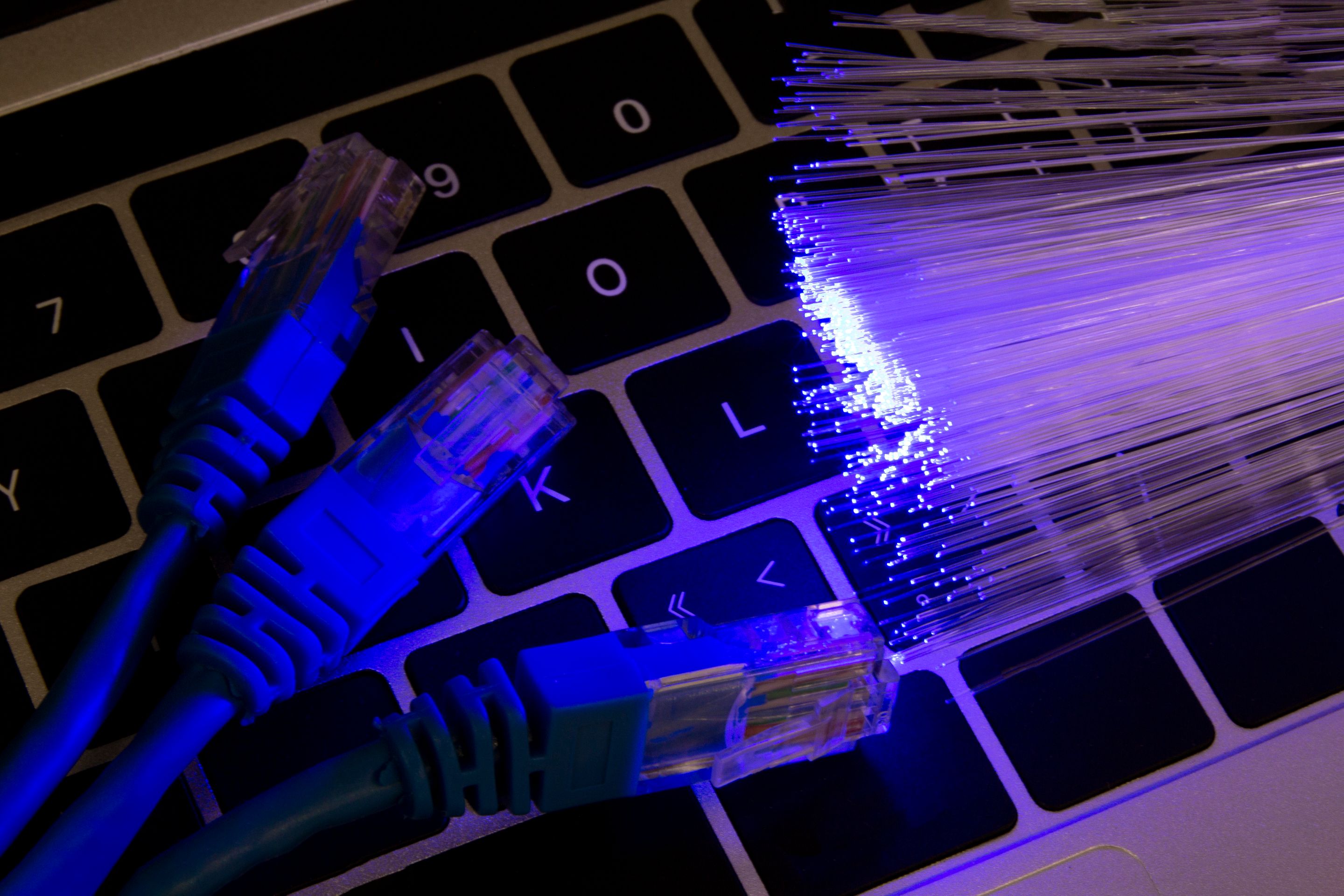Benefits of Fiber-Optic Cables for High-Speed Internet Connections
April 24, 2023

Fiber-optic cables are a major improvement on their predecessors, the copper cables, as far as internet delivery is concerned. Unlike the traditional copper cables, and coaxial cables, the more advanced fiber-optic cables employ high-speed internet infrastructure using super-thin glass or plastic fibers, to transmit data over longer distances. In an era where people are becoming more and more dependent on the internet for all their daily activities, fiber-optic cables are facing greater acceptance as they are capable of delivering increasingly higher speed internet connections.
Their use becomes more significant as they depend on light signals, and not electric signals like the traditional copper cables. This means that your internet connectivity won’t get disturbed even when there is a storm raging outdoors! Here is a closer look at what makes fiber-optic cables more ideal for high-speed internet connectivity:
Wider bandwidth
Fiber-optic cables have a much wider bandwidth capacity than copper cables, meaning they can transmit greater data loads at a given time. This makes them ideal for high-traffic areas like office complexes and residential apartment buildings. With greater bandwidth availability, more users can use the internet for bandwidth-intensive applications, without experiencing lags.
Super-fast speeds
One of the best features of fiber-optic internet connections are the faster speeds associated with them. They have a higher bandwidth capacity meaning you can enjoy faster downloads and uploads as well as seamless live streaming and gaming.
Lower latency
Another benefit of fiber-optic cable internet is the lower latency associated with them. This means data is transmitted faster and with fewer delays, making it ideal for gaming and real-time applications like zoom meetings, video conferencing, etc.
Better security
Fiber-optic cables enjoy enhanced security as well, as they don’t emit electromagnetic signals like the copper cables. This makes it harder for unauthorized individuals to intercept data, hence making fiber-optic connections more resistant to cyber-attacks and hackers.
More reliable
As compared to copper cables, fiber-optic cables are more resistant to signal degradation and interruptions such as outages or disruptions. Their resistance to interferences and reliability makes fiber-optic cables a much better choice for critical applications.
In conclusion, fiber-optic cables are more reliable, more secure, faster and an ideal choice for both commercial and residential set-ups.

